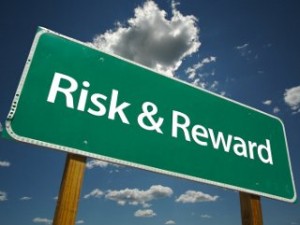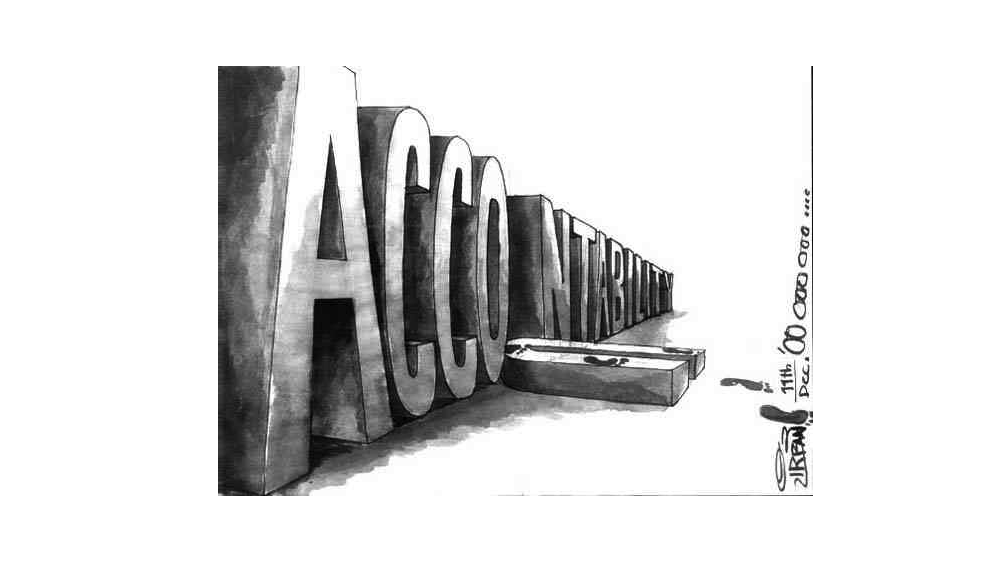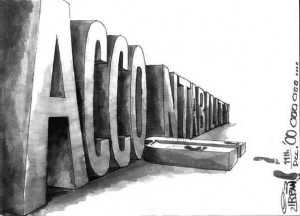 About Management Consulting: conventional wisdom states that if you start working at a consulting firm as a single person, you will stay single, if you arrived married you will risk ending-up getting divorced. People with families get fired first at a consulting firm. Other consultants talk about the unending meetings, the way bosses might mislead clients by offering less-than-useful advice accompanied by fancy presentations. Consultancies are full of intellectuals but cutthroat ones. You might encounter a formula as follows: Change = f(D x M x P)+E. In other words, change is caused by the level of (D) dissatisfaction, the new (M) model to resolve it, (P) the process for that change, and plus E is error. This is a classic over-complication of an obvious reality that change is caused by dissatisfaction, and requires a solution that is planned. This kind of equation, although novel is an example of what a consultancy might sell to a client as part of their services.
About Management Consulting: conventional wisdom states that if you start working at a consulting firm as a single person, you will stay single, if you arrived married you will risk ending-up getting divorced. People with families get fired first at a consulting firm. Other consultants talk about the unending meetings, the way bosses might mislead clients by offering less-than-useful advice accompanied by fancy presentations. Consultancies are full of intellectuals but cutthroat ones. You might encounter a formula as follows: Change = f(D x M x P)+E. In other words, change is caused by the level of (D) dissatisfaction, the new (M) model to resolve it, (P) the process for that change, and plus E is error. This is a classic over-complication of an obvious reality that change is caused by dissatisfaction, and requires a solution that is planned. This kind of equation, although novel is an example of what a consultancy might sell to a client as part of their services.
About Finance Jobs: finance jobs are built around squeezing as much out of employees as possible. You might be expected to leave at 4am, then sleep in a car, then drive home to take a shower, and do it all over again. Did anyone mention the salary, though? You should read Roger Lowenstein’s Warren Buffett, The Making of an American Capitalist.
 Summer Jobs: everyone will be applying for summer jobs early on. Being in an MBA program makes you highly sought after. You might be asked in an interview for an investment banker job: “What makes a stock-price move?” You should not say that; fundamentally, it’s a change in expected future earnings, but what influences those changes is a mystery. Some believe it is all rational, based on forecasts, others say there is a herd mentality….the competition will be insane for these positions, and those who naturally fit within a given organization will succeed.
Summer Jobs: everyone will be applying for summer jobs early on. Being in an MBA program makes you highly sought after. You might be asked in an interview for an investment banker job: “What makes a stock-price move?” You should not say that; fundamentally, it’s a change in expected future earnings, but what influences those changes is a mystery. Some believe it is all rational, based on forecasts, others say there is a herd mentality….the competition will be insane for these positions, and those who naturally fit within a given organization will succeed.
Research is Paramount: understanding a business model will make you an effective investor. You only hear about the success stories, and you never hear about the failures.
[This is a synopsis of several books on the MBA experience including What They Teach You At Harvard Business School by P.D. Broughton]









